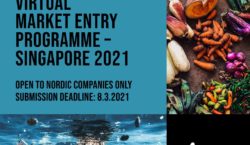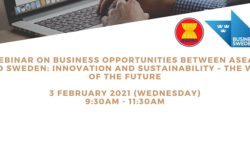’Pioneering the possible’ is what Business Sweden (BS) is doing in Malaysia, under the new leadership (since 2022) of Trade Commissioner Emma Broms. Post covid-19 she is very optimistic about the expectations for increased trade and investment between Malaysia and Sweden. Team Sweden’s latest ’Business Climate Survey’ also shows that Swedish affiliated companies continue to be strongly committed to the Malaysian market and are increasingly positive about the economic outlook for the future (a majority expected turnover to slightly or significantly increase during 2023).
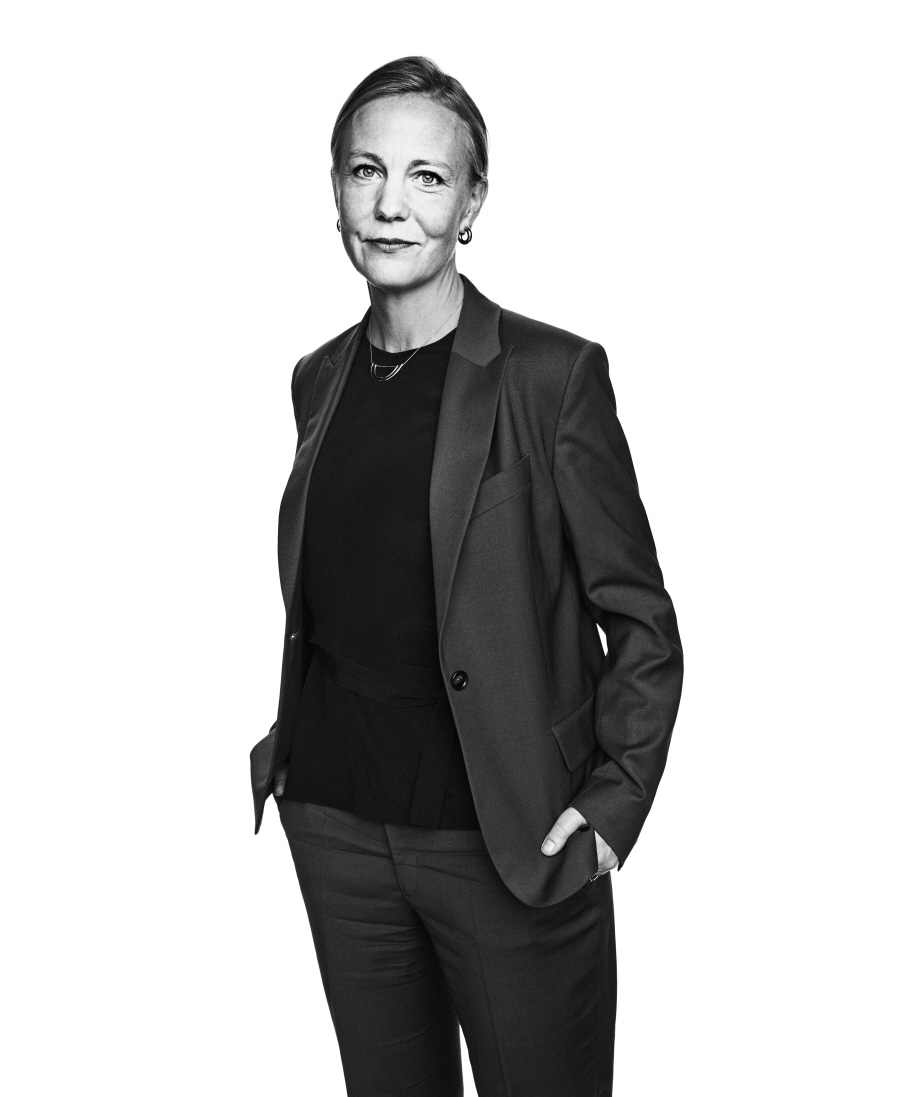
Ms Broms is an economist educated that the School of Economics in Stockholm, Sweden, who began her career, within communications, in the start-up world. Her new role in Malaysia has seen her not only returning to her second stint with Business Sweden, but also to the Far East.
During her childhood Emma spent some years in Hong Kong and she has worked as a project leader at Business Sweden in Sydney.
“After a number of years in other companies in Stockholm, I am back at Business Sweden and incredibly happy about that, especially to be in Southeast Asia, and particularly in Malaysia. And I have my husband and three children with me,” she begins.
She also shares that the family has moved into a house in Kuala Lumpur and the children are all having a blast in school. Emma’s husband, meanwhile, has, aside housework, to spend a lot of time on doing medical research for his thesis work.
China Plus One
Her enthusiasm for Asia she explains as follows: “I’ve had a keen interest in this region ever since my years in Hong Kong when I was around 11-12 years old. That opened my eyes to the region. I have since returned on apprenticeship and school projects during the university studies. Now, it feels great to be here again and precisely during this period is also good timing, coming out of the lockdowns. Also, lots of Swedish companies have their eyes on Southeast Asia, as they are reviewing their value chains.”
“China is still an enormously important and large market for Swedish international companies, but those are spreading out more. Regardless of the market, you may not want to put all your eggs in one basket. We believe that Malaysia is one of those countries that will in some way benefit from it. And we have seen that happening,” she elaborates on the ‘China Plus One’ strategy.”
Higher profitability for Swedish Companies also indicates, states BS, a very strong recovery and it showcases Malaysia’s growth potential to Swedish companies looking for alternative production locations or business opportunities outside of Greater China or other typical focus markets in Asia.
”We see especially positive signs from consumer companies, where 80 per cent of the respondents were profitable,” says Emma.
And Malaysia’s foreign direct investments (FDI) has kept on growing during 2022 and 2023, including plenty of Swedish projects happening (several production plants were opened, such as by Vinda, Mölnlycke and SIBS) and more under way. In 2022, the amount of net inflow FDI in Malaysia amounted to approximately 17 billion U.S. dollars.
Manufacturing in Malaysia
Malaysia continues to be a very promising investment destination and priority for Swedish companies, covering everything from industrial manufacturing, logistics hubs, and warehouses to consumer products.
“We can see new companies entering Malaysia from Sweden and for those already present it’s more about expanding your business here. We’ve seen a great deal of interest from Swedish companies in locating their manufacturing here and we have been involved in several openings of new factories, so for us it’s about being able to assist with that type of relocation.”
“It’s also due to a great interest in this region – which we are also seeing in the neighbouring countries,” she continues.
“The overall business-friendly climate and having access to well-trained staff are favourable factors in order to invest here,” she adds and elaborates: “For production and sourcing, it’s more about being able to have trained labour and cost efficiency. You find a good balance between well-educated staff and more cost-effectiveness than having the production in Sweden. You have good logistics, with a well-developed infrastructure, including several deep sea ports in west Malaysia, and also with 5G being rolled out through a country-wide network. So it’s a very strategic location, and with a relatively good business climate, that all in all makes Malaysia an attractive market.”
It should however be pointed out that access to skilled labour poses challenges (though less so for companies that have been present for a long time, shows the survey). “Due to Covid-19 there was a stop to foreign labour on all fronts. And this is lagging behind a bit. It’s also a balancing act of attracting FDI and local jobs. But of course there is a shortage of foreign blue collar workers, and as with all other markets, there is fierce competition for certain categories of skilled labour,” comments Ms. Broms.
Regional interest
“You often look at what your needs are, what your perspective is and what type of manufacturing it is. There’s no one size fits all, but Malaysia has a well-deserved and growing status as an attractive country to both source from and locate manufacturing in. For Swedish clients it’s often about looking at two or more markets at the same time and comparing; so the scope is then a little wider than just Malaysia.”
“Our offices in the region have very close cooperation, partly in exchanging experience and a large part of our business is that we work with consulting projects, market analyses, partner searches, M&As etc. It’s clear that Malaysia is interesting among the companies I meet, but the region is also interesting for them. Thus, there’s a super concrete collaboration that can look different from project to project in terms of markets.”
“And, we who are managers of the offices in the region also conduct collaboration through regional manager Emil Akander, who works tactically and strategically at this level,” Emma shares.
Competitively, BS’ survey points to how Malaysia’s geographical location within the Indo-Pacific region – surrounded by economies with a high growth rate and its sustained track record of good ease-of-doing-business metrics – provides a promising economic outlook for the future and credibility to Malaysia’s target as a regional trade hub and its transition towards becoming a high-income nation.
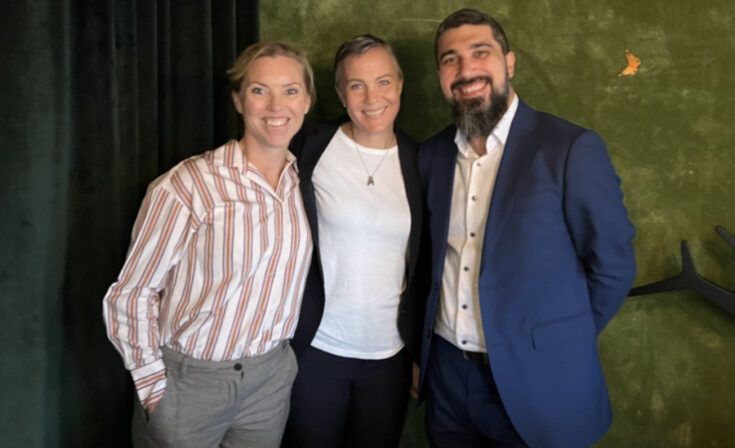
Pioneer the possible
“Even excluding growth, there is incredible volume of activity here. And I sense great optimism. Many companies feel that Malaysia is heading in the right direction, both in terms of the business climate and also within an issue that we work a lot on and which is incredibly important around the world: sustainability and the green transition. Within this there is also huge activity on the part of Malaysia, with super commitment and desire to move forward – something that the Swedish companies also view very positively. Because as a Swedish multinational you have to live up to the sustainability requirements regardless of the market you are in.”
To this end, BS has launched a programme and carried out a number of activities focusing on cooperation between Sweden and Malaysia on green transition under the slogan ‘Pioneer the Possible’ (an initiative from Svenska Institutet used globally by Swedish agencies).
Malaysia’s twelfth development plan has ‘advancing sustainability’ as one of its themes, including ambitions to develop green mobility solutions and to increase renewable energy generation.
”Becoming carbon neutral by 2050, which is one of the most ambitious targets of its kind in the region, and their optimism in this area, is something Swedish companies can capitalise on. Malaysia’s eagerness to become more sustainable is further evidenced by the fact that they have, since 2010, had the second lowest increase in greenhouse gas emissions in the Asia-Pacific,” states the BS survey.
Here, digitisation also plays its part. “This has to do with the fact that the manufacturing sector is so big in Malaysia, accounting for a huge part of the GDP. So if you can make this sector not only greener through automation and digital solutions, but also more energy-efficient, you can come a long way. So this platform works with three themes: green mobility and transport; green production; and sustainable urban development,” explains Emma.
And involving the businesses in this is a must: “We have a number of companies that have been involved from the beginning, who are the main partners of the entire programme. Then it’s a matter of finding challenges and, above all, solutions for those challenges. That’s where we will create change – where companies talk to companies and you have policy makers partaking in the discussions. But it is incredibly important for us when we do this type of activity that we have companies that act as co-creators.”
The whole of Southeast Asia is also lagging behind on reaching the 2023 development goals, not least due to the years with Covid-19, while there are immense opportunities.
“That’s why we’re investing in that area now, and of course it’s both about getting the opportunity for Swedish companies to sell their expertise and their solutions and products, but it is also about a purpose from Business Sweden that we have this approach around the world; that sustainability is now part of our purpose – being one of the reasons why we exist. There are opportunities above all to collaborate and hopefully help to influence development in the right direction, but of course also for Swedish companies to have the opportunity to be the driving force in that matter.”
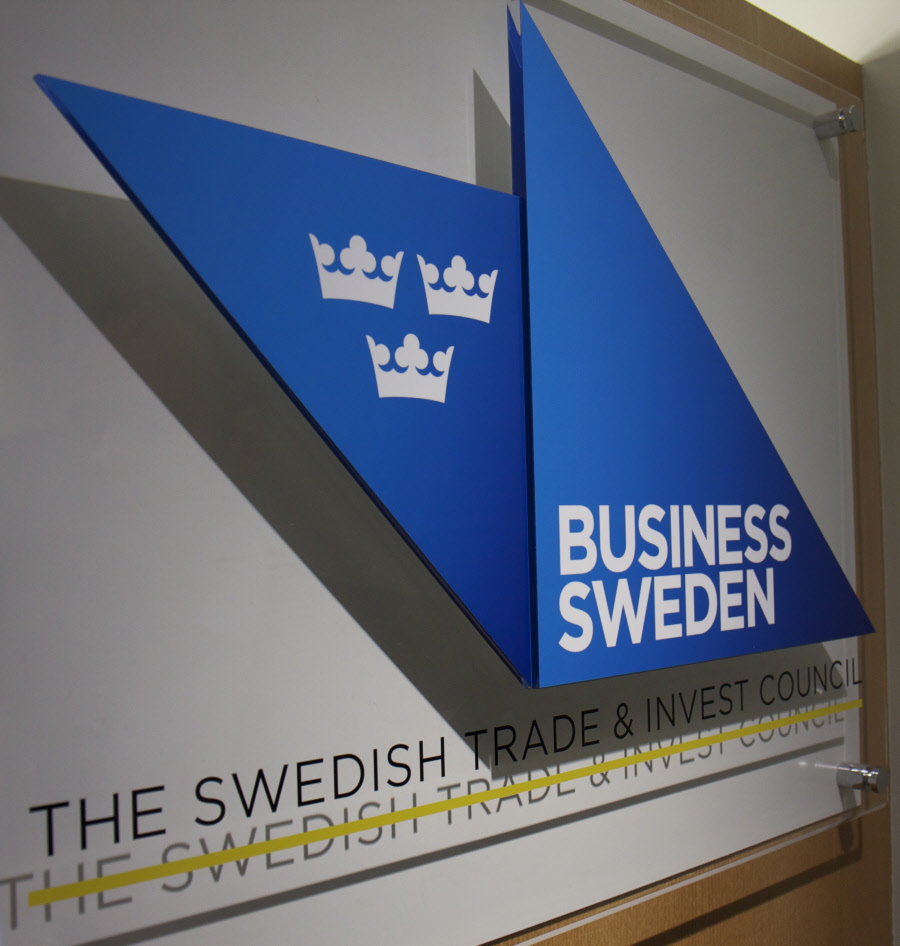 5G opens up vast opportunities
5G opens up vast opportunities
Other opportunities also connect to Malaysia’s world-leading implementation of 5G. “This can attract more Swedish digital companies, using Malaysia as a test bed. And Ericsson themselves are doing fantastic work there as well. I think the 5G implementation can open up vast opportunities for Swedish companies,” states the trade commissioner.
The survey highlights this concerning “Swedish companies with a unique value offering, good partner relationships, and a local presence”.
“Whether it’s about green transition, digital solutions or about the health sector – which is often also digital – it’s clear that there is a desire for Swedish innovation in a market like Malaysia, which has a growing middle class and a high GDP per capita compared to many of the neighbouring countries, so there is great potential, of course for B2B companies, but I also think on the consumer side, where IKEA and H&M are existing examples.”
“I would like to see more innovative new Swedish start-ups here. I think that Malaysia deserves to be better known in Sweden. I hope to contribute to that as much as I can as well.”
As facilitation BS offers business incubators operations: “This is a service where we help Swedish companies with a very hands-on approach, such as starting a company, helping with employment and personnel also on an ongoing basis, finance and controlling, and to get started. So it’s an incredibly good option for those who want to enter the market quickly. We create a lot of value by enabling such a hit-the-ground-running service.”
The result of the survey is one of the tools used in promoting Malaysia’s opportunities to Swedish stakeholders.
“We reach out to Swedish companies in different ways. They contact us and we also reach out – if we identify that there are opportunities within a certain sector or branch, we make certain efforts to reach out to related companies and tell them about the chances in Malaysia. It can also be in the form of webinars,” ends Emma.

